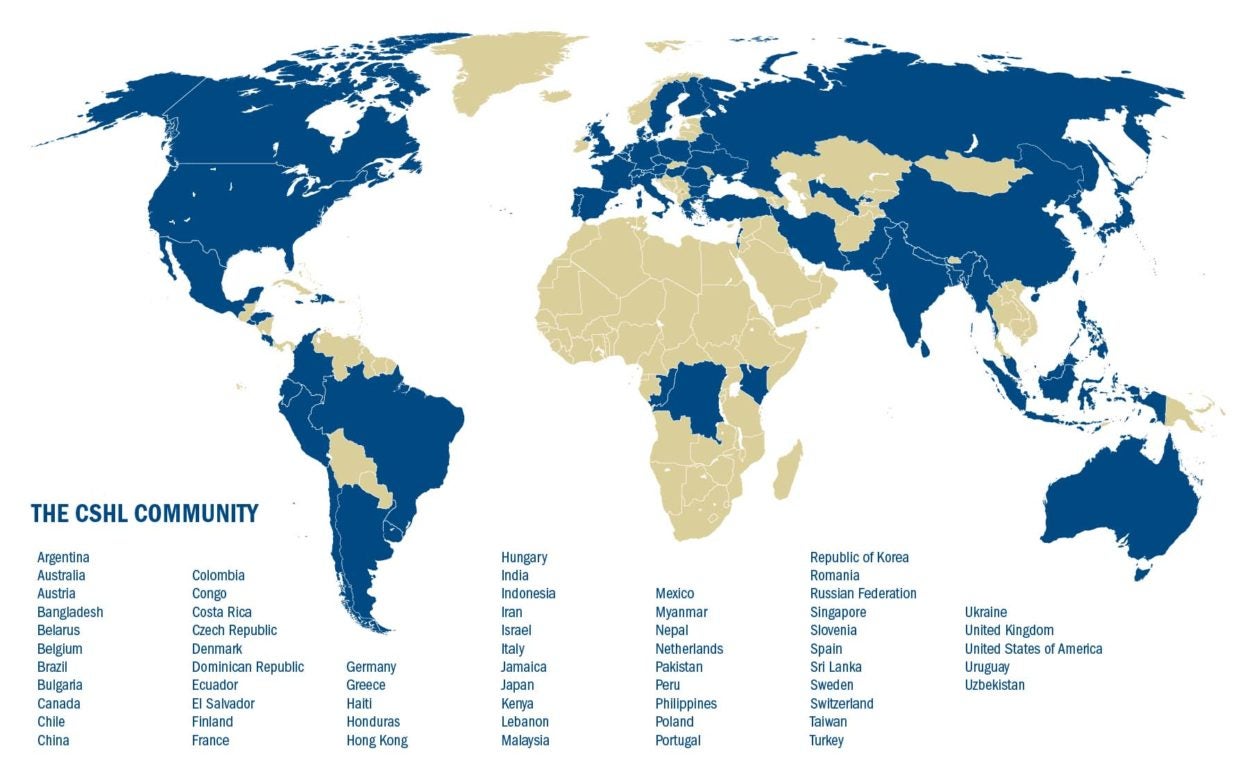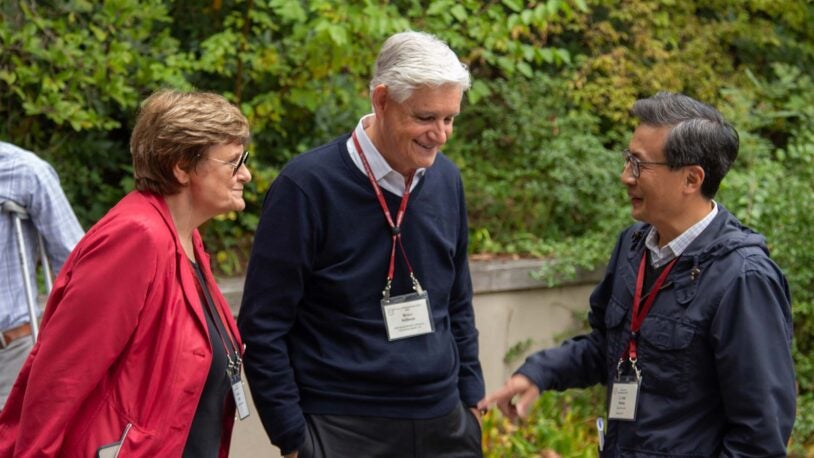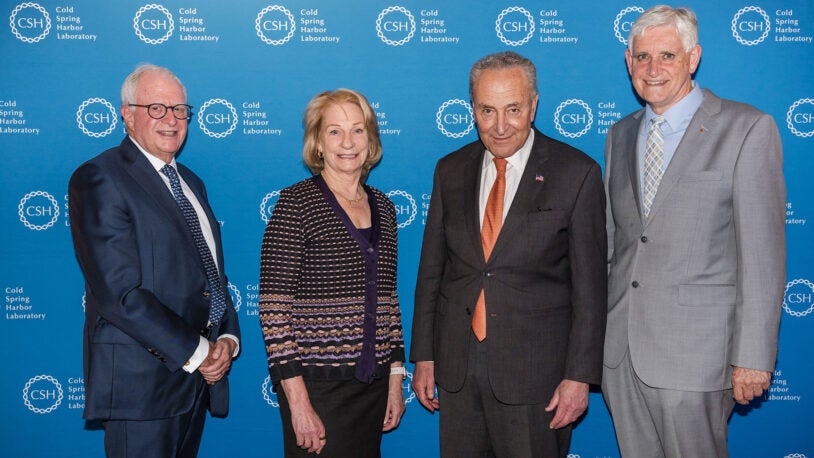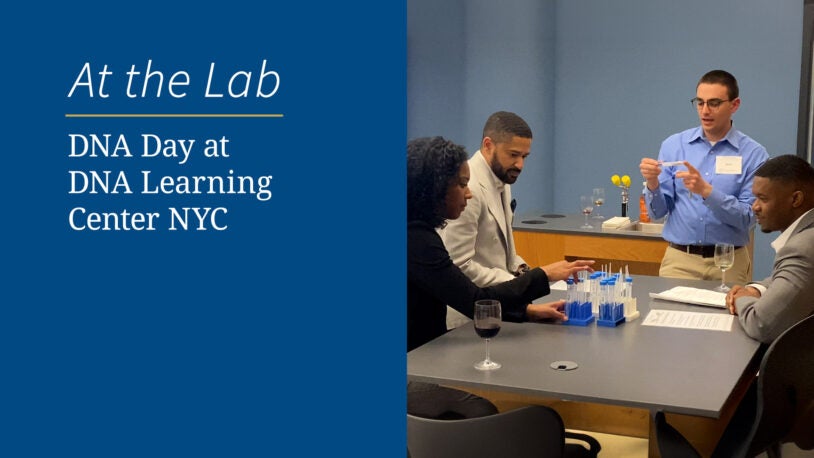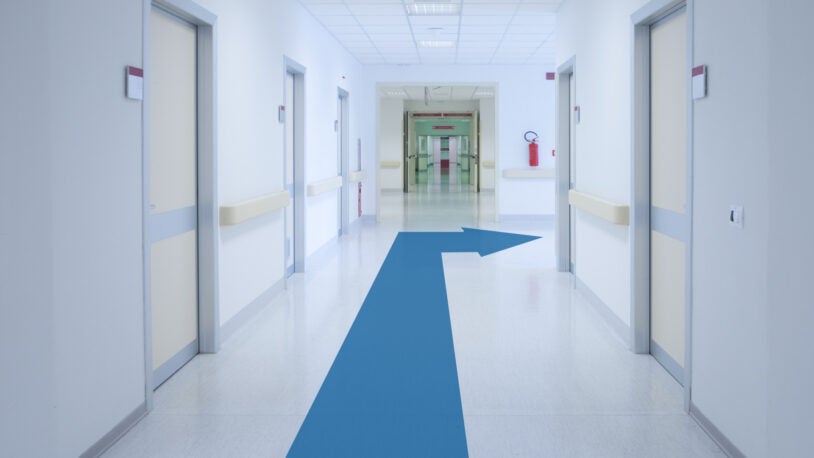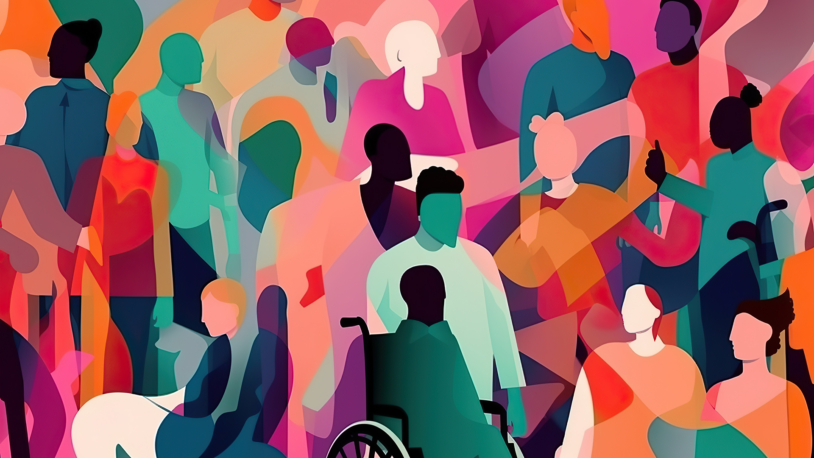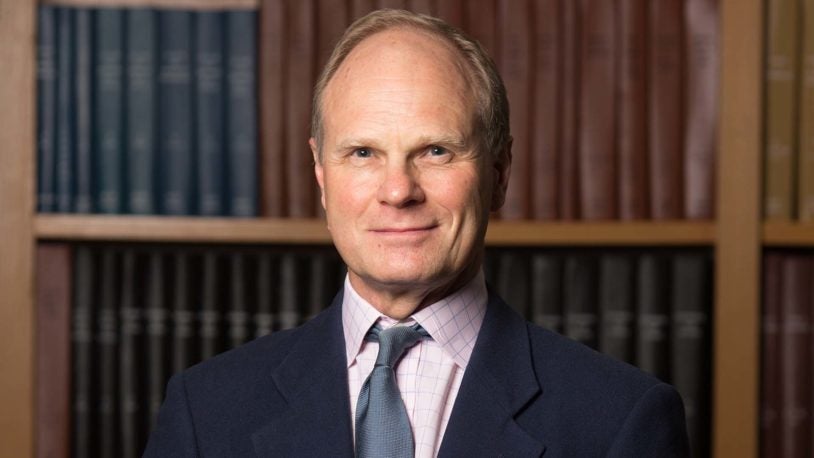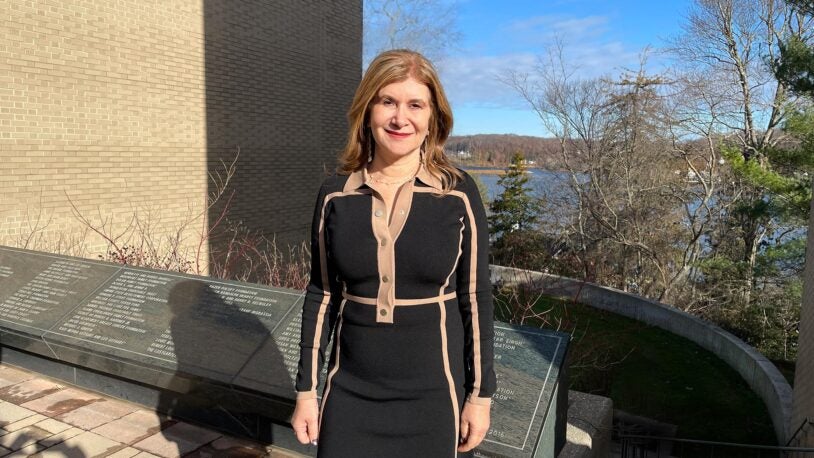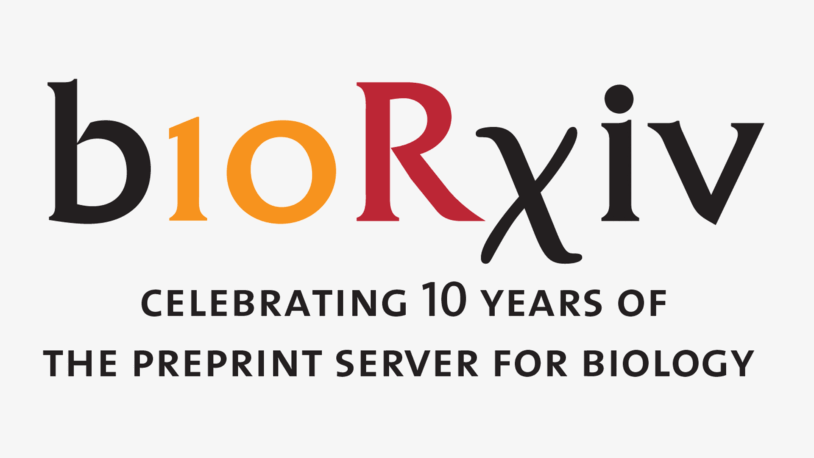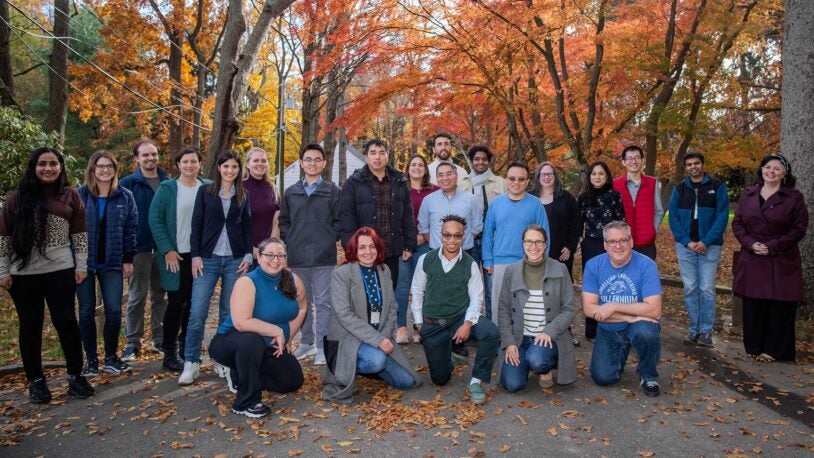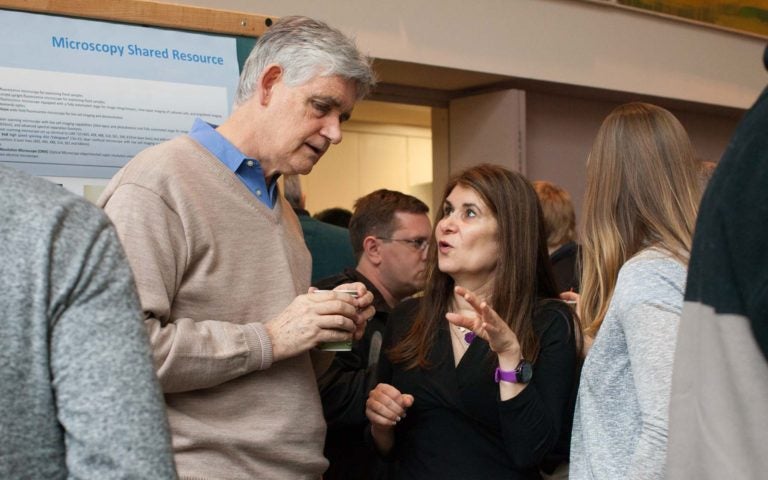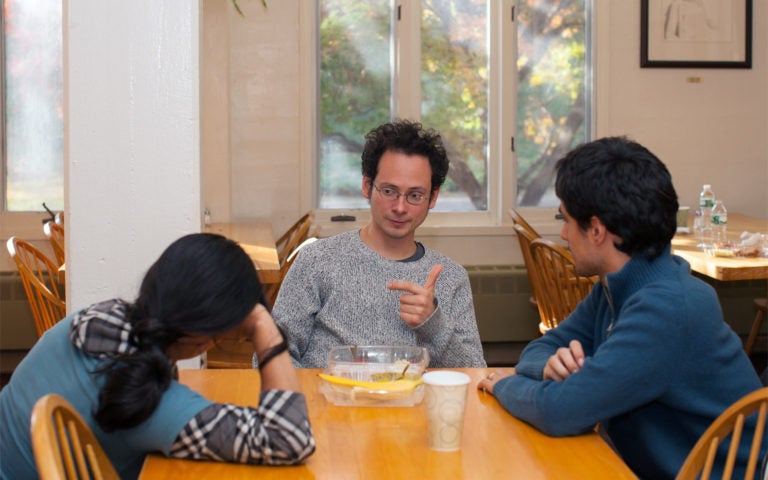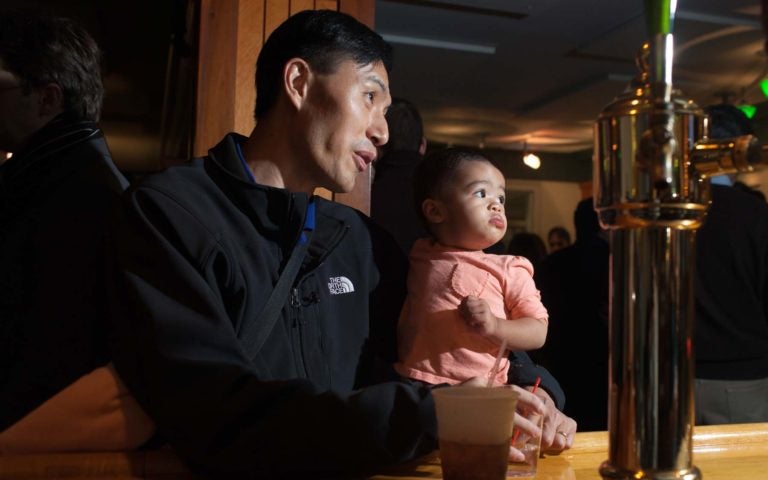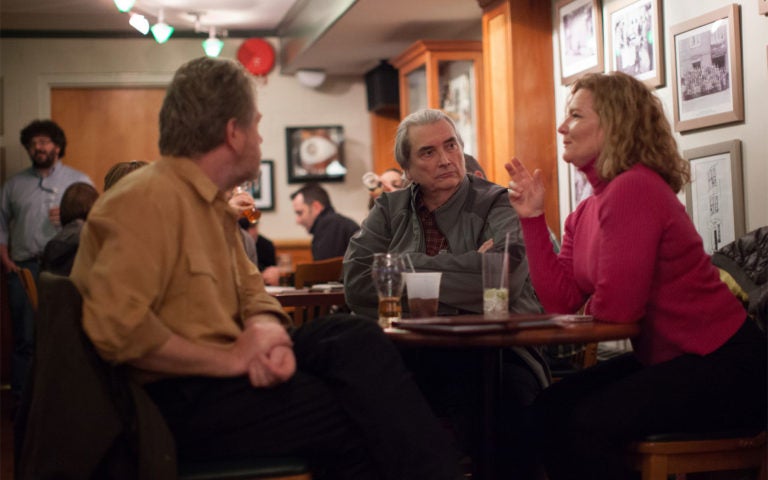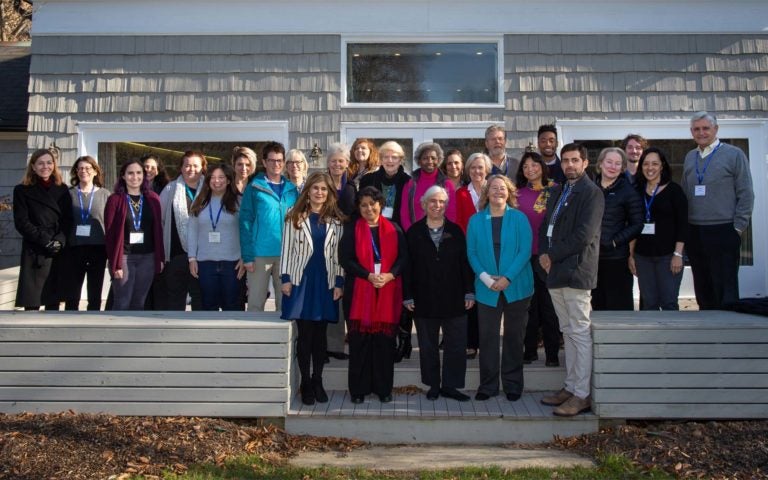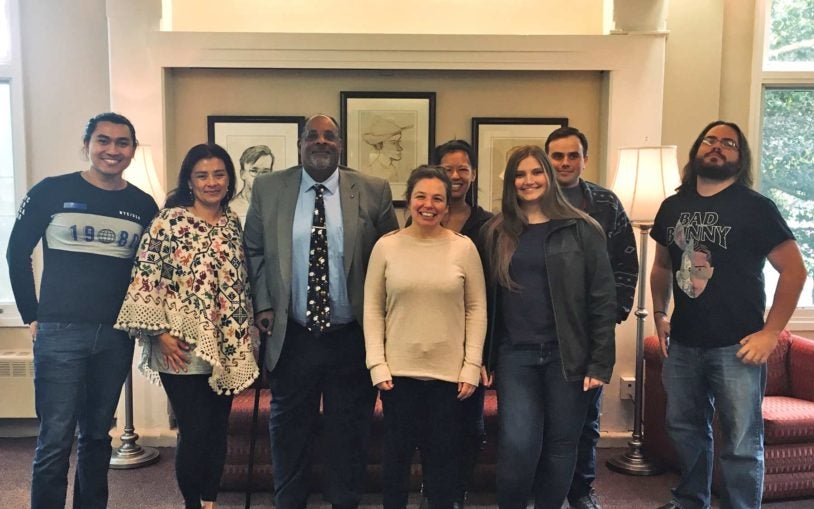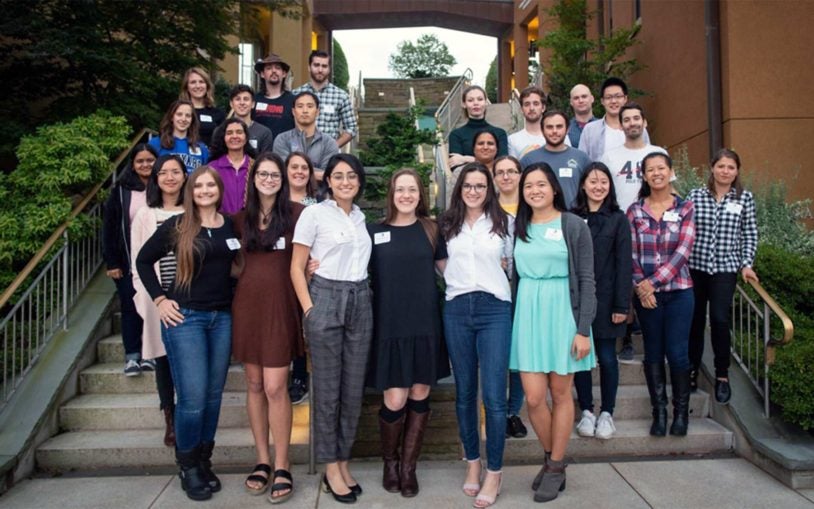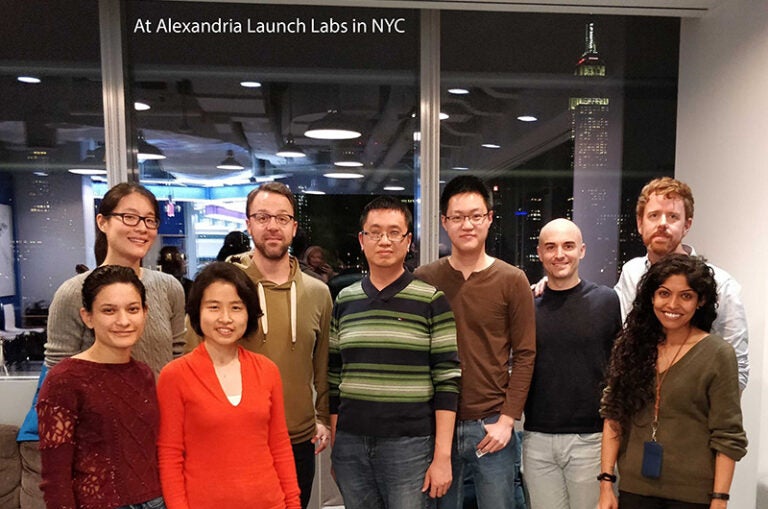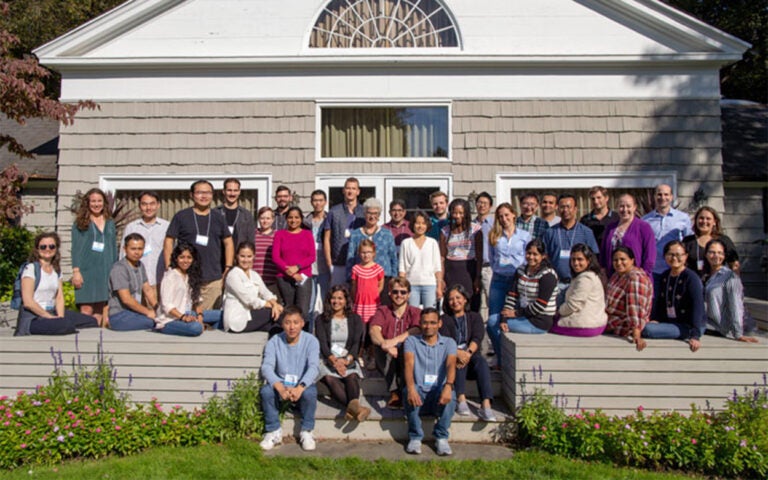Office of Diversity, Equity, & Inclusion (DEI)
Welcome! Cold Spring Harbor Laboratory is an incredibly diverse place to work, train, and conduct science, with employees who hail from more than sixty different countries throughout the world. Indeed, diversity is central to our mission of advancing discovery in biology research and education. From secondary education and enrichment programs run through the DNA Learning Center to the laboratories of our faculty and principal investigators, CSHL thrives by assembling a rich mix of people who are provided the resources and creative freedom to develop new ideas, solve problems, and advance science.
Historically CSHL’s research staff, like that of many other institutions, has not reflected the demographic diversity of the United States. We recognize this as both a social and scientific shortcoming, one we’ve been working hard to rectify. CSHL’s Office of Diversity, Equity, and Inclusion was set up to run programs, work with divisions and departments throughout campus, and assess policies and procedures on an ongoing basis to ensure CSHL welcomes, includes, and supports all employees regardless of sex, gender, sexual orientation, race, ethnicity, religion, nationality, disability status, veteran status, or age.
Office of Diversity, Equity, & Inclusion
Director: Charla Lambert, Ph.D., clambert@cshl.edu
CSHL’s Office of Diversity, Equity, & Inclusion (DEI), led by Dr. Charla Lambert, integrates and oversees efforts across multiple divisions to promote equitable and inclusive working environments on campus. Nationally, Dr. Lambert has served on the SACNAS Board of Directors and reviewed applications for the HHMI Gilliam Fellowship program as well as for various NIH R25 educational grant programs. Within CSHL, she developed the DEI framework and strategy for the Meetings & Courses Program, and was co-principal investigator on an NIH IPERT grant that was focused on scientific training, mentoring, outreach, and community building for CSHL’s postgraduate short course program. Dr. Lambert has a bachelor’s degree from the Massachusetts Institute of Technology, a Ph.D. in Genome Sciences from the University of Washington in Seattle, and postdoctoral training at the University of Pennsylvania through the NIH IRACDA fellowship program.
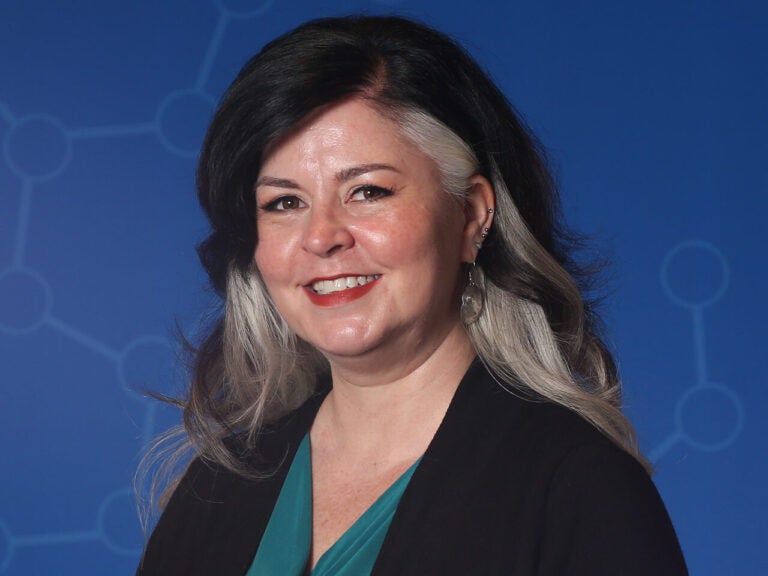
Steering Committee
John P. Tuke
Chief Operating Officer
Katherine Raftery
Vice President of Human Resources
David L. Spector, Ph.D.
Robert B. Gardner, Jr. Professor
Lloyd Trotman, Ph.D.
Director of Education & Diversity for the CSHL Cancer Center
Professor
Sydney Gary, Ph.D.
Director of Research Operations
Alex Gann, Ph.D.
Lita Annenberg Hazen Dean of the School of Biological Sciences
David J. Stewart, Ph.D.
Executive Director of the Meetings & Courses Program
Rebecca Leshan, Ph.D.
Executive Director of the Banbury Center
Jason Williams
Assistant Director for External Collaborations at the DNA Learning Center
See all diversity-related articles going back multiple years on the CSHL Newsstand.
CSHL to host first person cured of sickle cell
June 28, 2024
Join us July 13 at 1 p.m. for “Students Talk Science” with Victoria Gray, the first patient treated using CRISPR gene-editing technology.
President’s essay: The continuous cycle of discovery
May 30, 2024
CSHL President & CEO Bruce Stillman discusses our institution’s societal impacts and global connections as forces for further scientific progress.
DNA Day at DNA Learning Center NYC
May 6, 2024
Community leaders from across New York came together in Brooklyn to celebrate CSHL’s achievements in making STEM education accessible for all.
Senator Schumer visits DNA Learning Center NYC
May 6, 2024
Community leaders from across New York came together in Brooklyn to celebrate CSHL’s achievements in making STEM education accessible for all.
Better cancer trials could be around the corner
March 21, 2024
CSHL researchers have developed a new data-driven approach that cancer centers may use to expand patient recruitment efforts.
A call for support of trans scientists
March 14, 2024
CSHL Postdoctoral Fellow Simón(e) Sun has co-authored an article titled “Rigorous Science Demands Support of Transgender Scientists.”
COO Report: One for the record books
January 3, 2024
In 2023, Cold Spring Harbor Laboratory revenues achieved their second highest level ever.
Dream big: A powerful vision for CSHL research
January 2, 2024
New Cold Spring Harbor Laboratory Director of Research Leemor Joshua-Tor shares her vision for the future of bioscience discovery.
The future of science communication, today
December 29, 2023
Ten years ago, CSHL launched bioRxiv. Since then, the preprint server and sister site medRxiv have been key in sharing science for the good of society.
Quiet please, we’re writing!
December 11, 2023
A CSHL retreat organized by Charla Lambert offers young researchers the professional communications training missing from most science courses.
Faculty Diversity & Development
We continually assess and work to improve our faculty recruitment, promotion, and retention policies with the twin goals of 1) enhancing diversity at the faculty level and 2) supporting our faculty to be the best leaders and mentors possible to the young scientists trained in their laboratories. Current initiatives in this area include:Faculty Hiring: The standing Committee on Faculty Hiring is charged with regularly reviewing faculty recruitment and hiring processes, and supporting faculty search committees in best practices for enhancing diversity in applicant, interview, and hiring pools.
Faculty Development: The standing Committee on Faculty Development designs programs for training and advising CSHL faculty in best practices for sustaining equitable and inclusive lab environments.
Leadership & Mentorship Training
Task Force on Inclusive Imagery
Climate Assessments
We conduct regular climate assessments to understand employees’ and trainees’ perceptions of the working environment on campus. Our most recent assessment was conducted in 2019 with the help of Mercer|Sirota to learn whether our employees and trainees see CSHL as a workplace that is free from harassment and discrimination.In 2017, a survey on sexual violence and prevention was administered to current CSHL graduate students including SBS students, students-in-residence, visiting students, and rotating students. Details and summaries of the outcomes are linked from this page.
Action Collaborative
CSHL is a member of the Action Collaborative on Preventing Sexual Harassment in Higher Education, a coalition formed by the National Academies of Sciences, Engineering, and Medicine (NASEM) in response to the 2018 NASEM report on Sexual Harassment of Women. Through the Action Collaborative, research and training institutions collectively identify, develop, implement, and assess efforts to address and prevent all forms of sexual harassment while promoting campus climates of civility and respect. As a member of the Action Collaborative, CSHL has committed to implement and test new programs, policies, and practices and share the results with other member institutions.
Banbury Meeting on Increasing Gender Diversity in the Biosciences
A December 2018 meeting at CSHL’s Banbury Center convened experts to discuss “Increasing Gender Diversity in the Biosciences” (pdf). Organized by Carol Greider (Johns Hopkins University) and Jason Sheltzer (CSHL), the meeting identified concrete approaches for promoting and supporting the advancement of women in science. Leaders from diverse fields connected to brainstorm new approaches, inspire innovative new ideas, identify emerging issues, and ultimately develop recommendations and practical solutions for recruiting, supporting, and retaining more women in senior positions. The full meeting report and list of recommendations was published in a November 2019 issue of Science magazine.
Affinity groups at CSHL are launched and led by students, postdocs, and research technicians, with financial and logistical support from faculty and the central administration.
Diversity Initiative for the Advancement of STEM (DIAS)
Women in Science and Engineering (WiSE)
WiSE is a network of scientists building a more supportive, collaborative, and equal scientific community for all. They provide a platform for professional development and empowerment through mentorship, career planning, and educational opportunities tailored toward issues disproportionally affecting women. WiSE is open to all members of the CSHL community.
Bioscience Enterprise Club (BEC)
Postdoctoral Liaison Committee (PDLC)
In a typical year, you’d be able to meet CSHL representatives in person at a variety of events across the country; see below for a map of our travel schedule in the 2019-2020 school year, for example. Until it’s safe to travel and convene in large groups again, we’ll be conducting information sessions about our programs and opportunities virtually. You can email gradschool@cshl.edu for more information.
